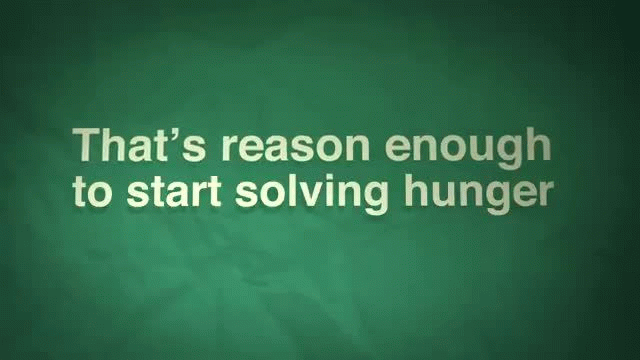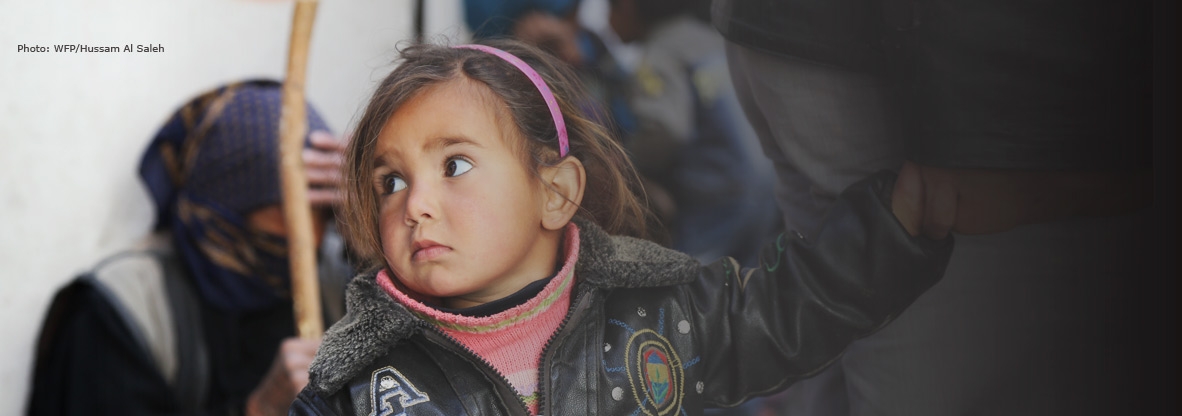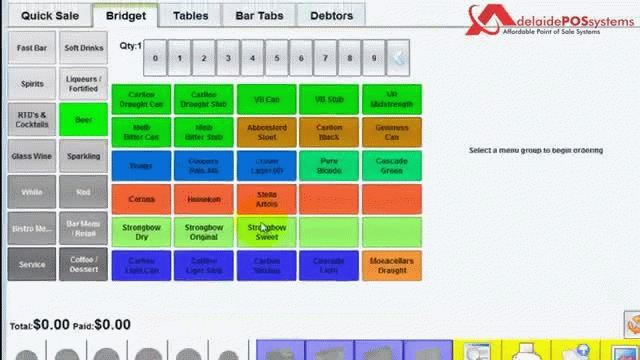Copy the embed code below and paste it to your site or blog.
Category:
Description:
Mission statement
In December 1994, WFP's governing body adopted the WFP Mission Statement, the first for an United Nations organization. The Mission Statement was based on a fundamental review of WFP's policies, objectives and strategies that involved member states of WFP, non-governmental organizations, United Nations and other agencies, academics and staff members. The WFP Mission Statement is to be considered as a living document that will be reviewed periodically.
WFP is the food aid arm of the United Nations system. Food aid is one of the many instruments that can help to promote food security, which is defined as access of all people at all times to the food needed for an active and healthy life. ¹ The policies governing the use of World Food Programme food aid must be oriented towards the objective of eradicating hunger and poverty. The ultimate objective of food aid should be the elimination of the need for food aid.
Targeted interventions are needed to help to improve the lives of the poorest people - people who, either permanently or during crisis periods, are unable to produce enough food or do not have the resources to otherwise obtain the food that they and their households require for active and healthy lives.
Consistent with its mandate, which also reflects the principle of universality, WFP will continue to:
use food aid to support economic and social development;
meet refugee and other emergency food needs, and the associated logistics support; and
promote world food security in accordance with the recommendations of the United Nations and FAO.
The core policies and strategies that govern WFP activities are to provide food aid:
to save lives in refugee and other emergency situations;
to improve the nutrition and quality of life of the most vulnerable people at critical times in their lives; and
to help build assets and promote the self-reliance of poor people and communities, particularly through labour-intensive works programmes.
In the first case, food aid is essential for social and humanitarian protection. It will be used in a way that is as developmental as possible, consistent with saving lives. To the extent possible, the provision of relief food aid will be coordinated with the relief assistance provided by other humanitarian organizations. In the second case, food aid is a pre-investment in human resources. In the third, it uses poor people's most abundant resource, their own labour, to create employment and income and to build the infrastructure necessary for sustained development.
WFP is well placed to play a major role in the continuum from emergency relief to development. WFP will give priority to supporting disaster prevention, preparedness and mitigation and post-disaster rehabilitation activities as part of development programmes. Conversely, emergency assistance will be used to the extent possible to serve both relief and development purposes. In both cases the overall aim is to build self-reliance.
In carrying out its mandate, WFP will concentrate on what it is best suited to do with the resources available as cost-effectively as possible. WFP will focus on those aspects of development where food-based interventions are most useful. It will make all necessary efforts to avoid negative effects on local food production, consumption patterns and dependency on food aid. WFP will continue to play a major and significant role in providing transport and logistics expertise and assistance to ensure rapid and efficient delivery of humanitarian aid.
WFP's multilateral character is one of its greatest strengths. WFP will exploit its capability to operate virtually everywhere in the developing world, without regard to the political orientations of governments, and to provide a neutral conduit for assistance in situations where many donor countries could not directly provide assistance. WFP will provide services: advice, good offices, logistic support and information; and support to countries in establishing and managing their own food assistance programmes.
WFP, on request, will provide bilateral services to donors, UN agencies and NGOs on the basis of full cost recovery. These will be administered and accounted for separately. Such services will complement WFP's regular operations to the extent possible.
WFP will concentrate its efforts and resources on the neediest people ² and countries in accordance with the CFA's decision to provide at least 90 percent of WFP's development assistance to low-income, food-deficit countries and at least 50 percent of its development assistance to the least developed countries by 1997.
WFP will ensure that its assistance programmes are designed and implemented on the basis of broad-based participation. Women in particular are key to change; providing food to women puts it in the hands of those who use it for the benefit of the entire household, especially the children. WFP assistance will aim to strengthen their coping ability and resilience.
To be truly effective, food aid should be fully integrated into the development plans and priorities of recipient countries and coordinated with other forms of assistance. WFP's starting point is the national policies, plans and programmes of developing countries, including their food security plans. WFP will pull together its activities in an integrated way at the country level so that it can respond to urgent needs as they occur while retaining core development objectives. The country strategy note, where this exists, should provide the framework for an integrated response by the United Nations system. In some special cases WFP will adopt a multi-country or regional approach. particularly for the provision of humanitarian assistance.
No single agency has either the resources or the capacity to deal with all the problems of hunger and underdevelopment. Hence the importance WFP attaches to collaboration with other agencies, particularly with its parent bodies, the United Nations and FAO. WFP will continue to work closely with the United Nations Department of Humanitarian Affairs, UNHCR, other relevant agencies and non-governmental organizations (NGOs) in the response to emergencies and humanitarian crises. WFP will also collaborate closely with the Rome-based United Nations food and agriculture agencies, FAO and IFAD, especially in using food aid for achieving household food security. WFP will continue to forge effective partnerships of action with the World Bank and the International Monetary Fund, regional bodies and institutions, bilateral donors and NGOs in support of economic and social development.
WFP will play its part as an active member of the United Nations system to bring the issue of hunger to the centre of the international agenda. In its dialogue with recipient governments and the aid community, WFP will advocate policies, strategies and operations that directly benefit the poor and hungry.
 ENGLISH
ENGLISH SPANISH
SPANISH FRENCH
FRENCH ITALIAN
ITALIAN HINDI
HINDI CHINESE
CHINESE JAPANESE
JAPANESE ARABIC
ARABIC PORTUGESE
PORTUGESE GERMAN
GERMAN RUSSIAN
RUSSIAN



 Subscribe
Subscribe








